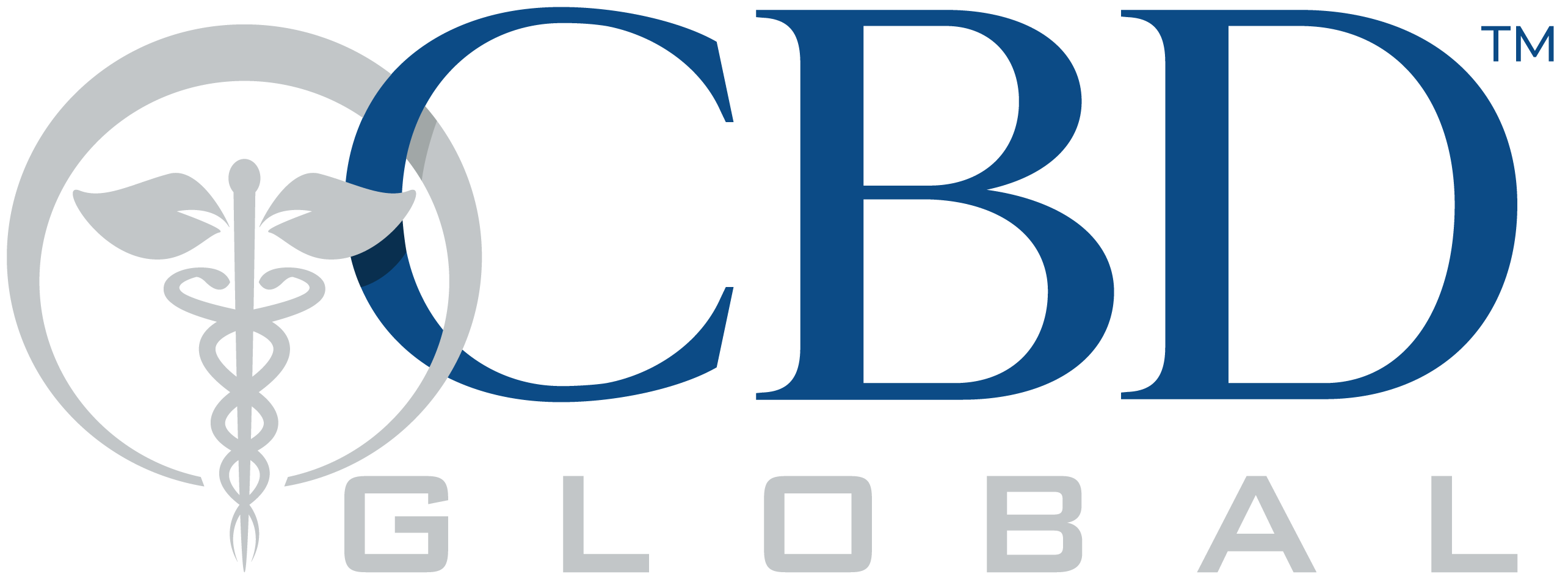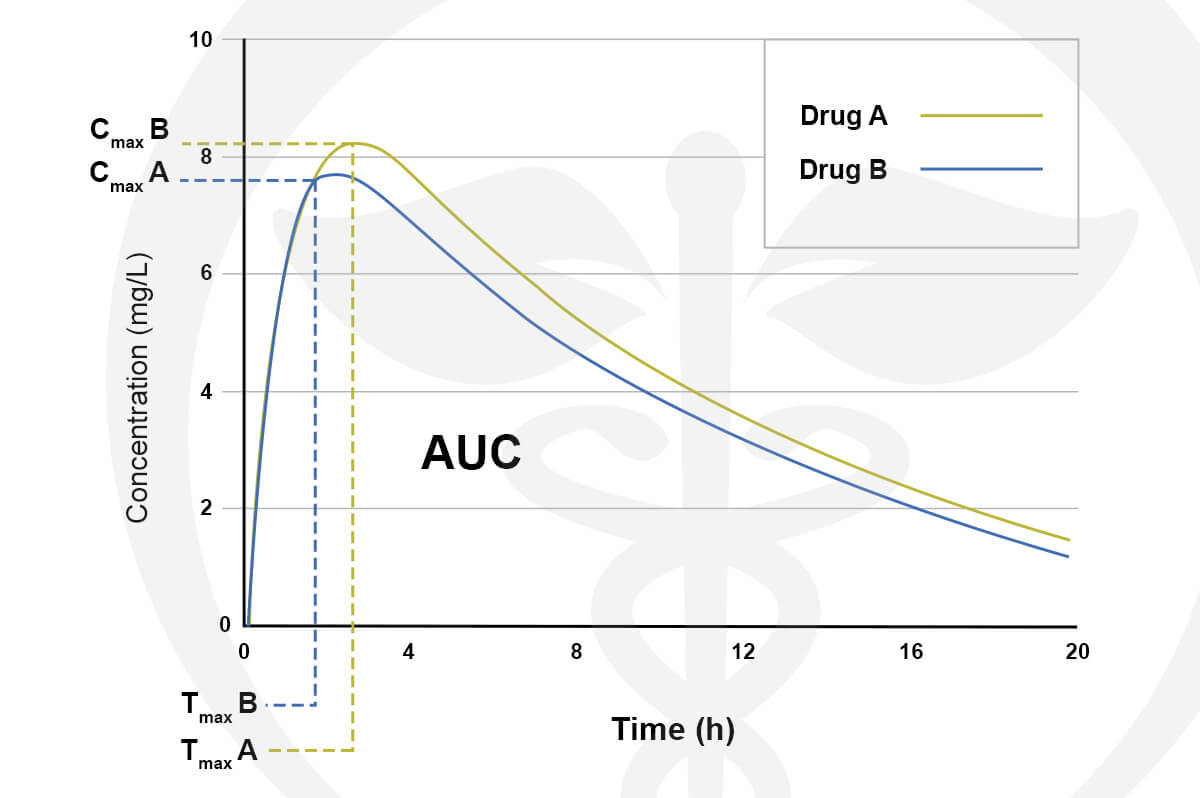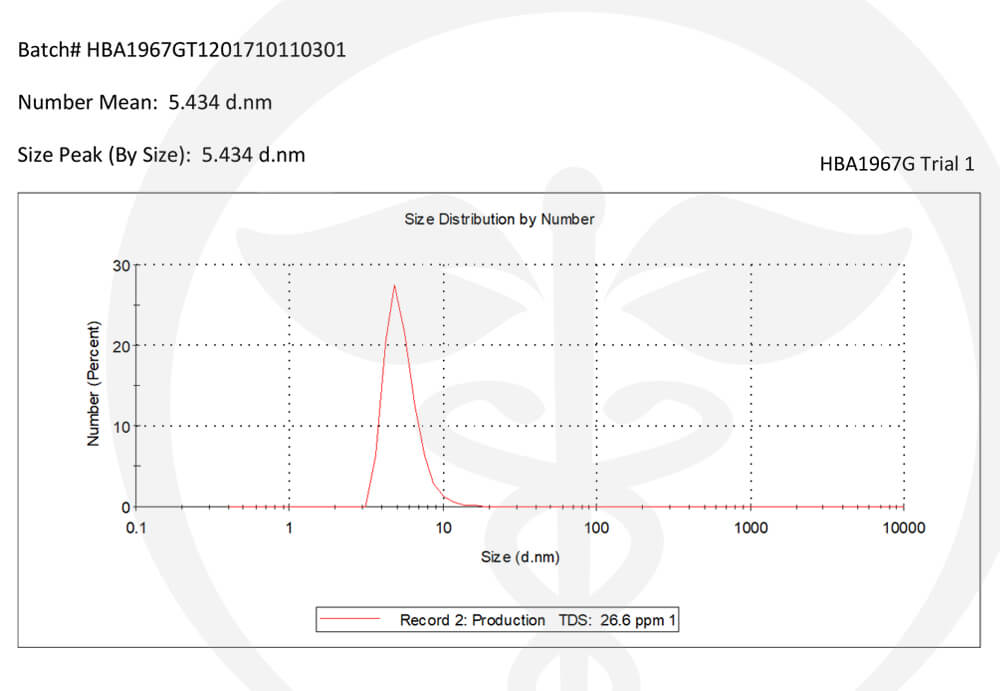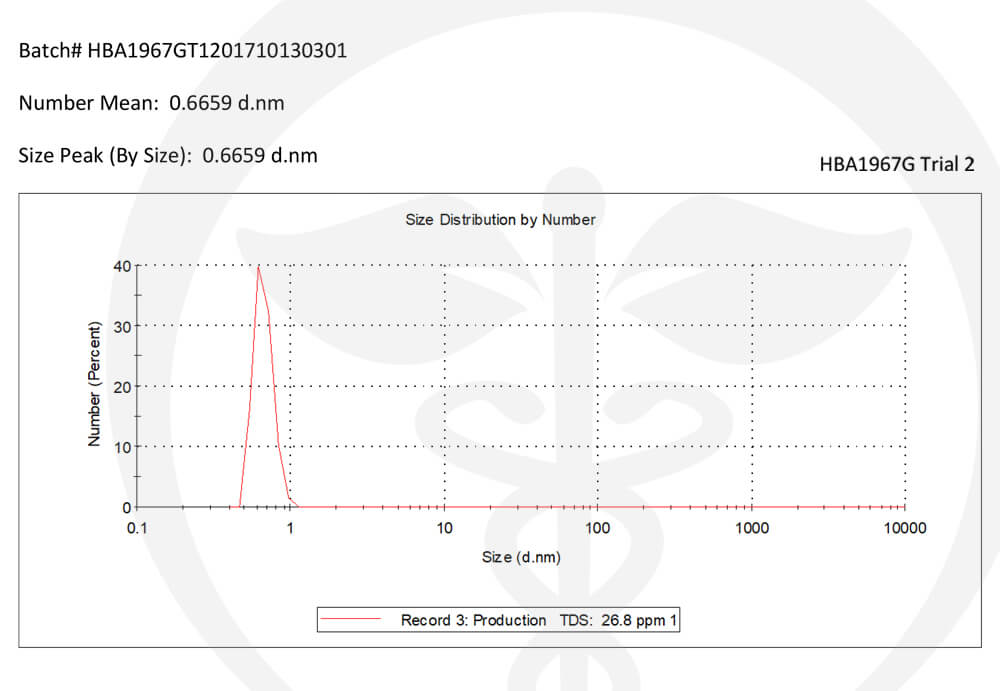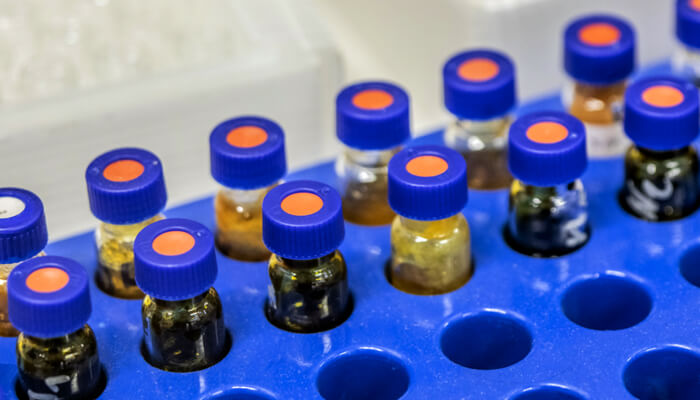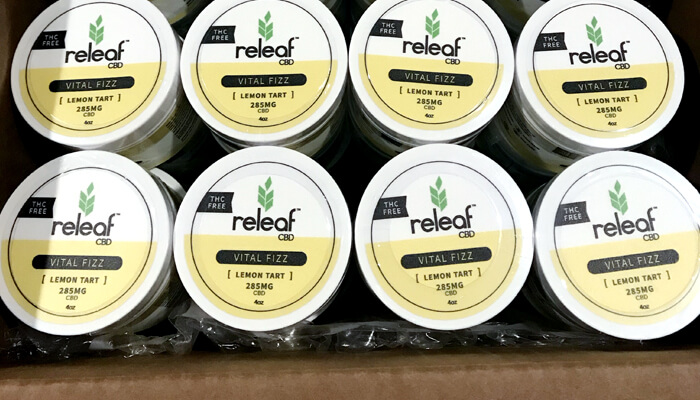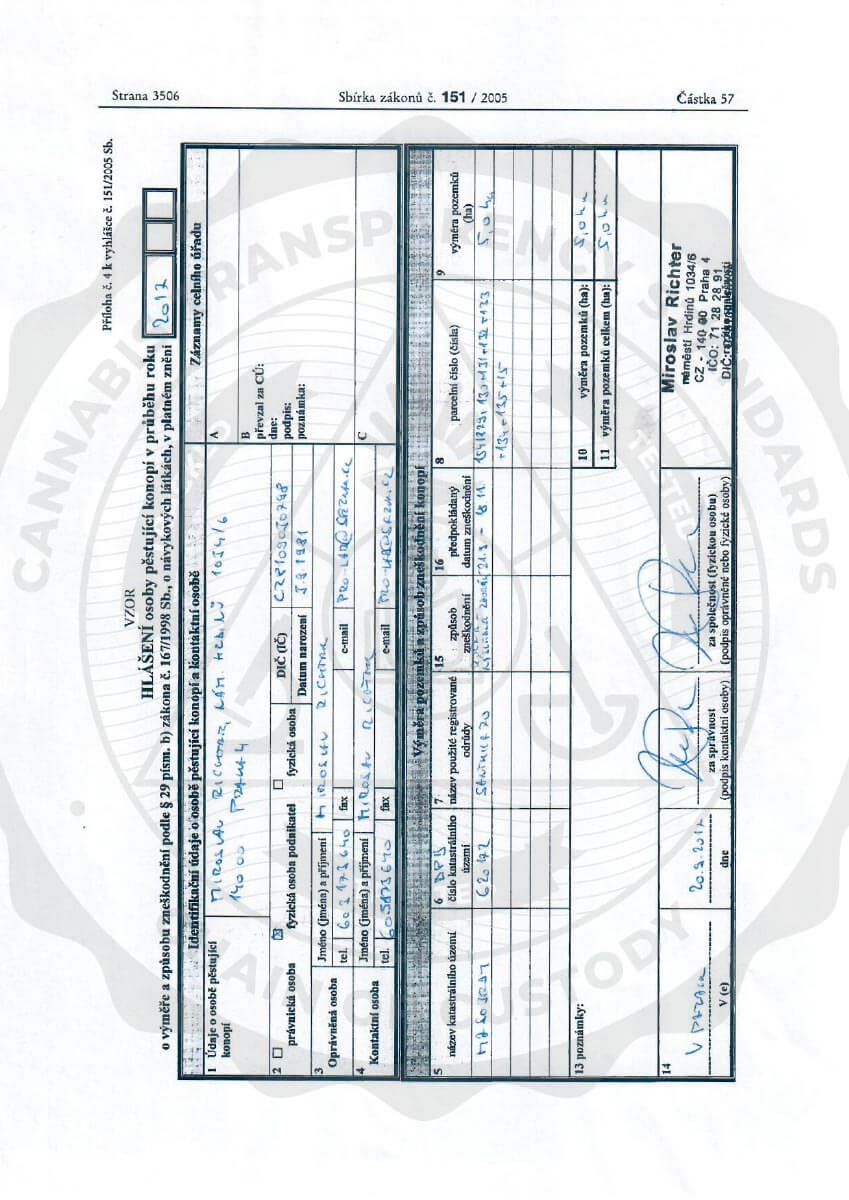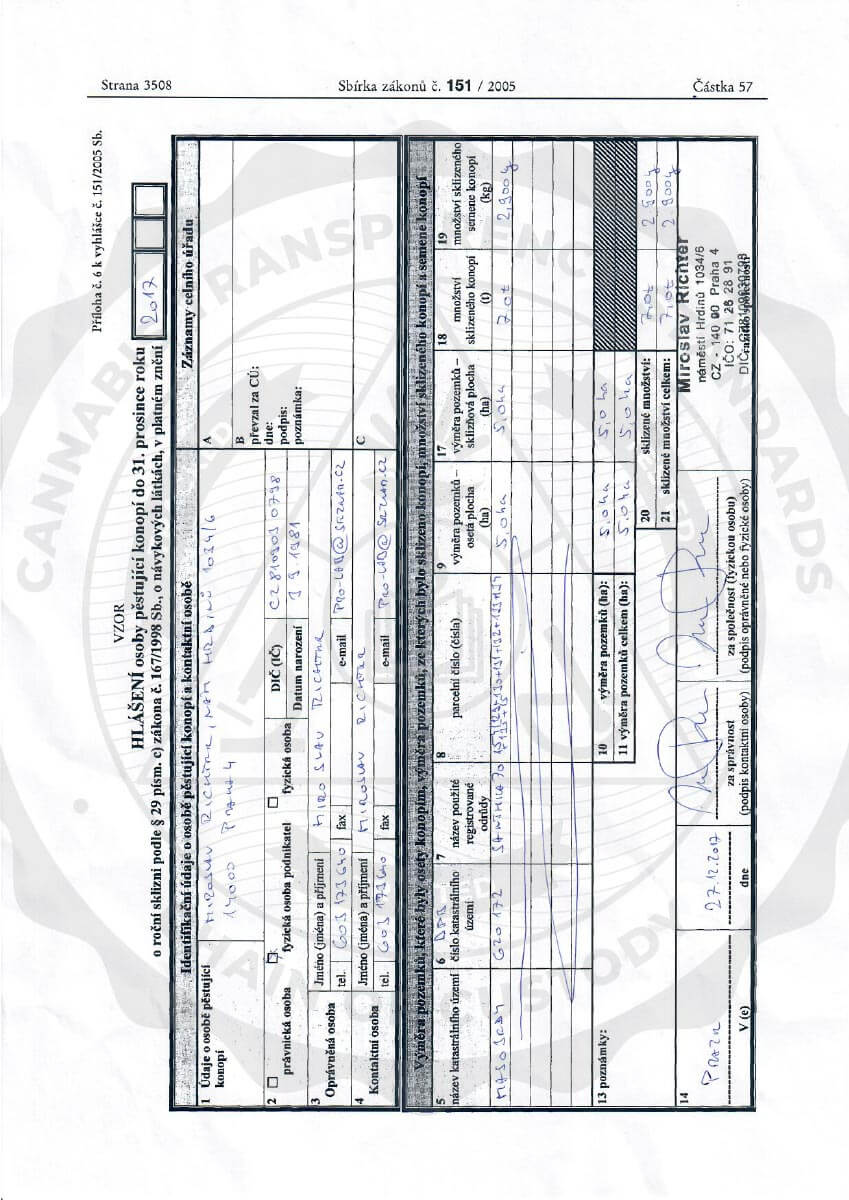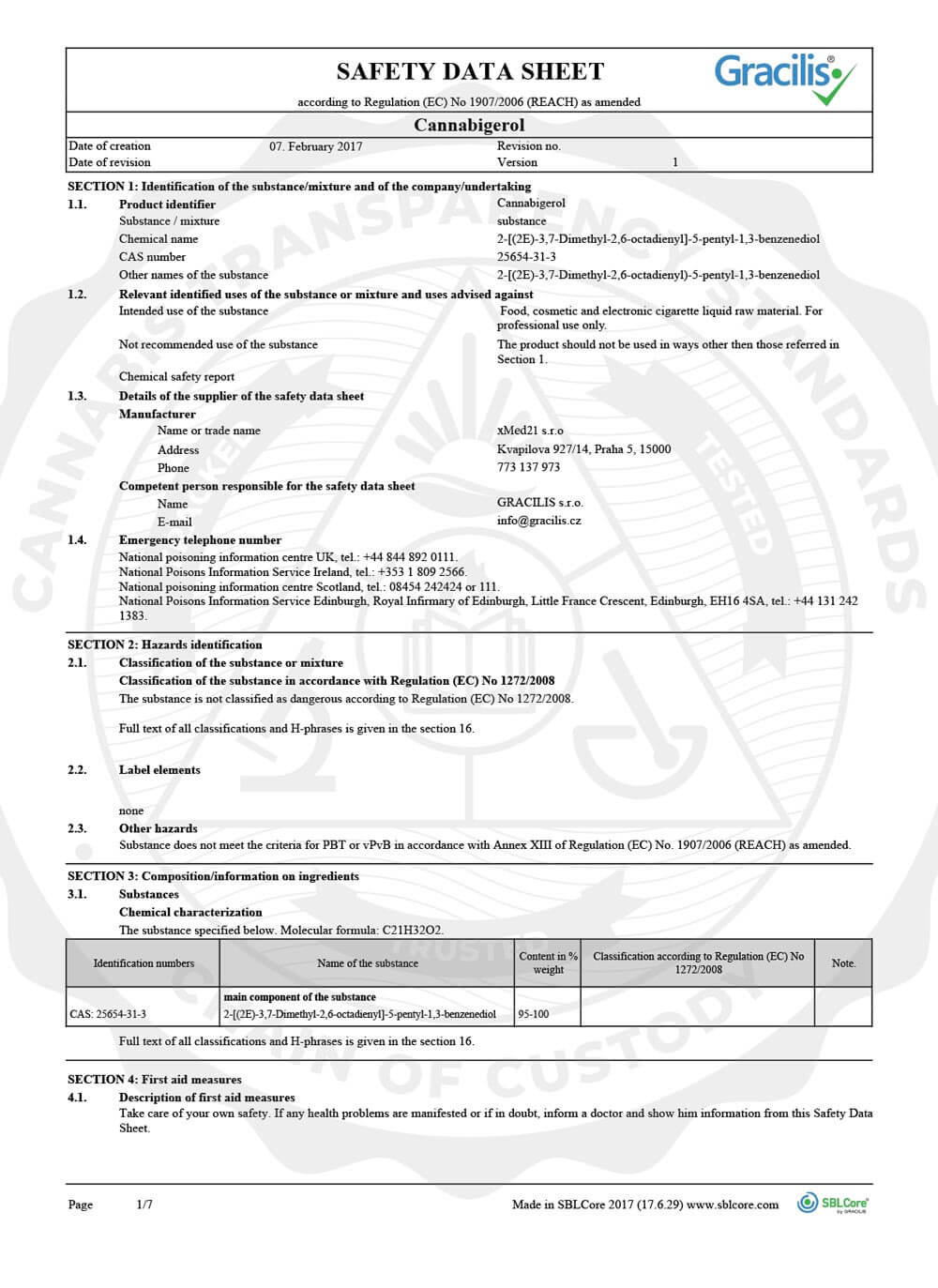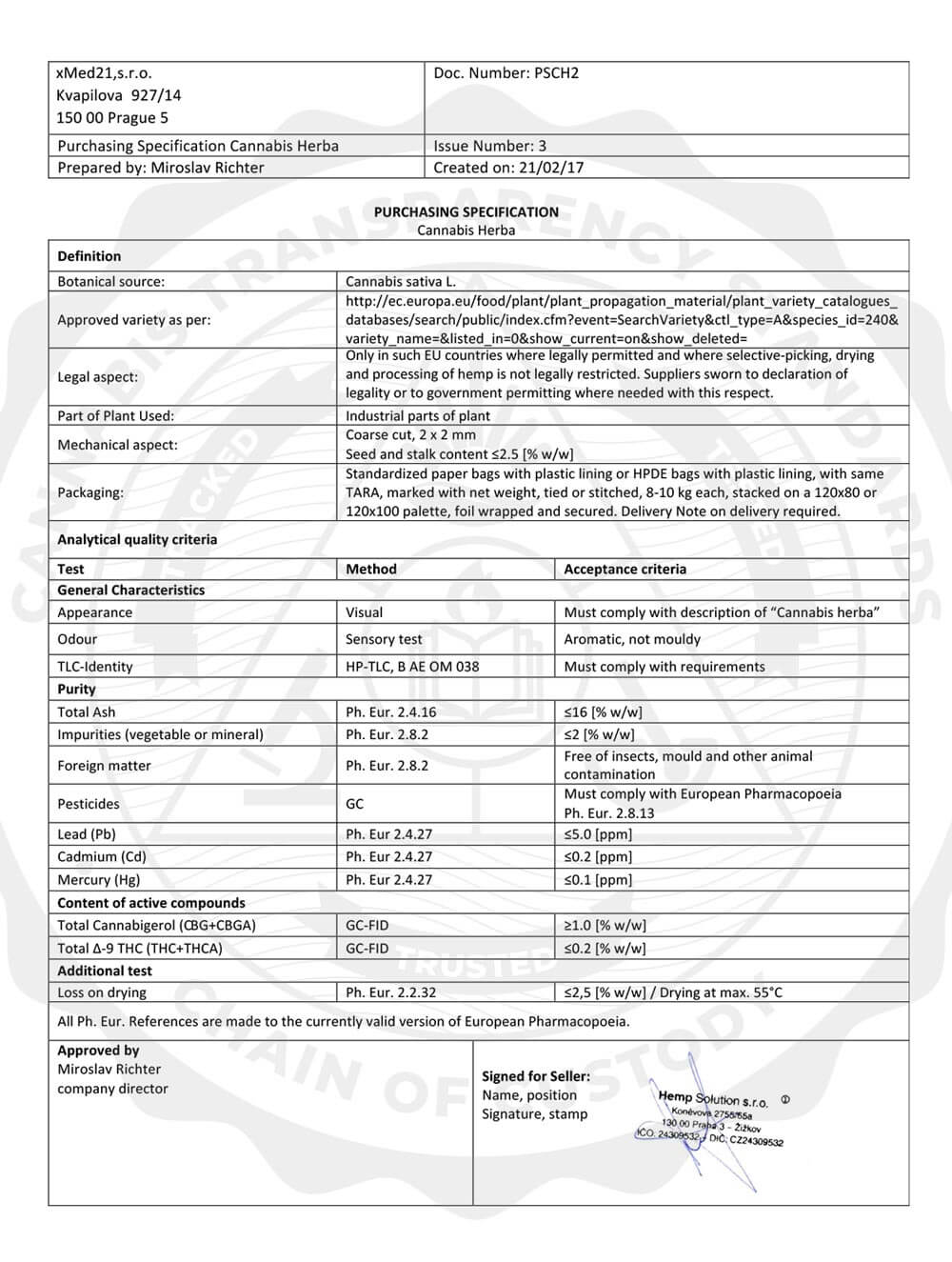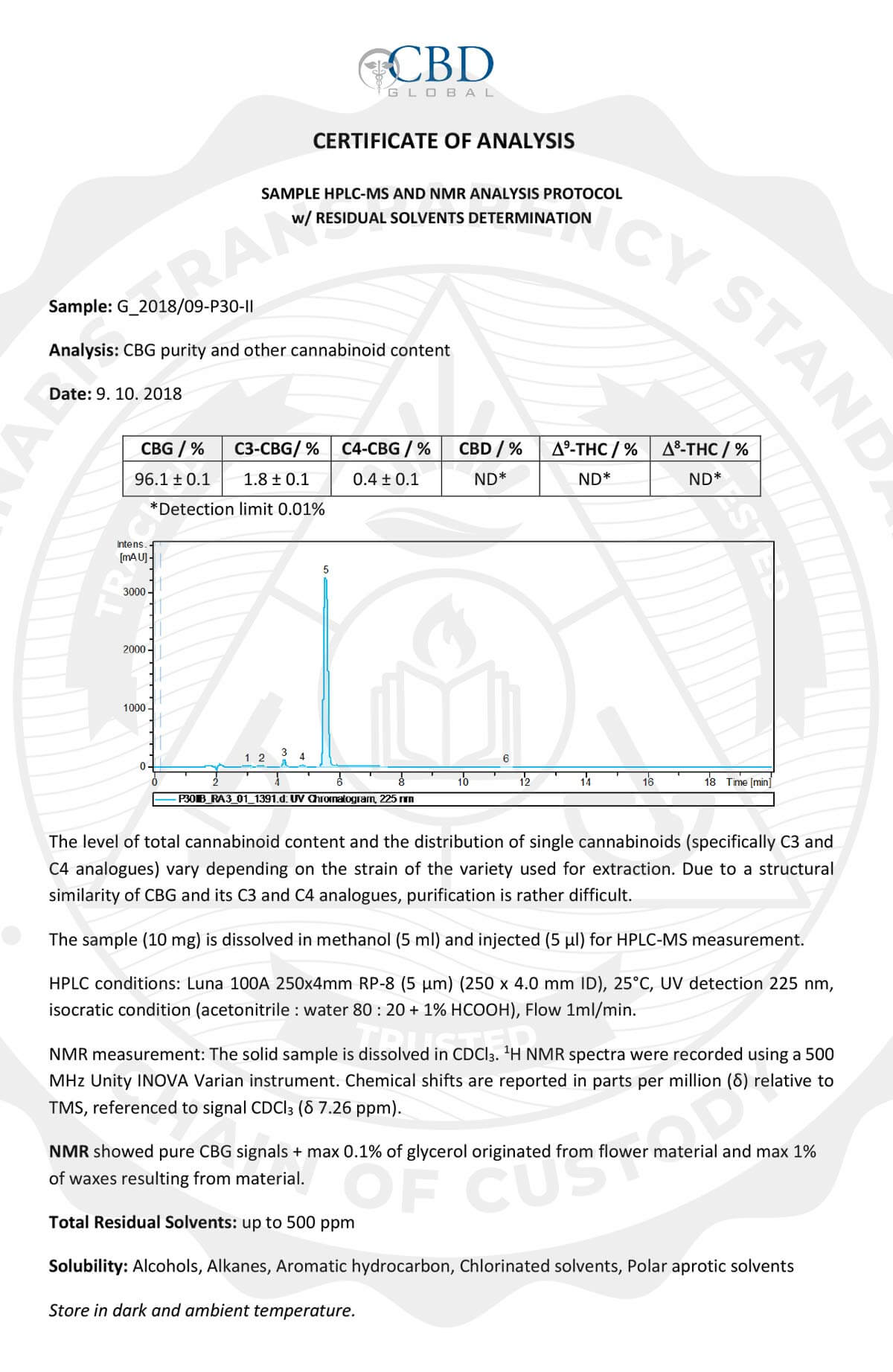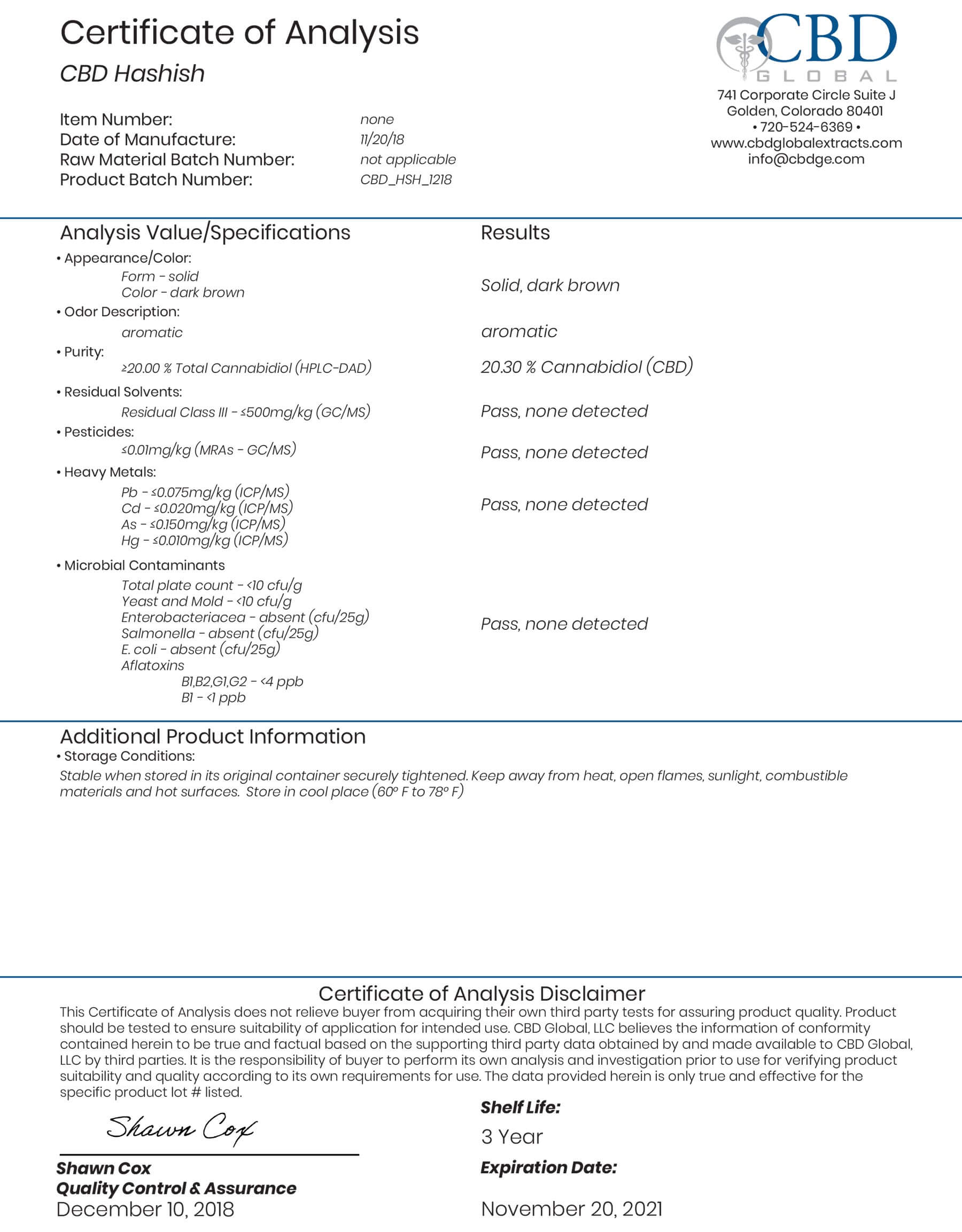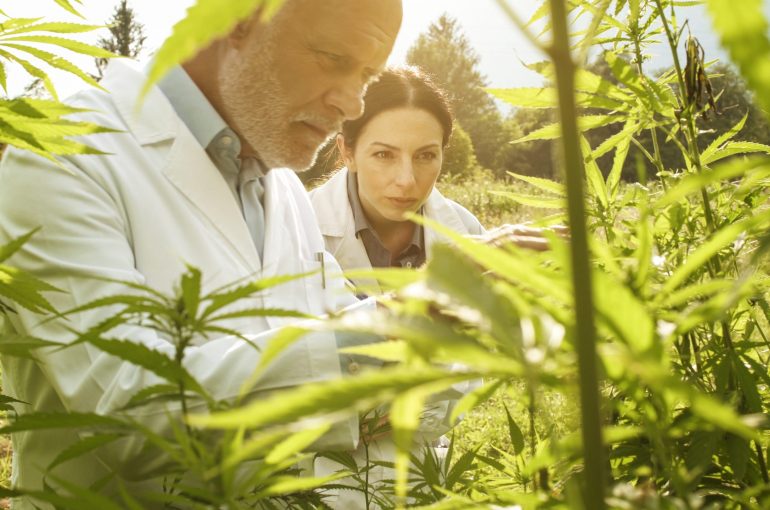
CBD and other cannabinoids offer tremendous health benefits (when formulated properly), yet there is a great deal of misinformation circulating about these benefits that creates confusion and gets in the way of consumers and patients finding relief. This article will examine four of the most common misconceptions about CBD that are spread throughout the cannabis industry.
1. CBD is a “cure all”.
No! CBD is very beneficial, but it does not do everything for everyone, as many top brands may suggest. CBD, along with other cannabis derivatives, can help with a plethora of medical issues, but every person is different and every person responds differently to this plant. It is an amazing plant, but it cannot replace a doctor or address every health issue.
2. CBD, in any form, must be beneficial.
No! For example, CBD in topicals must have a proper carrier oil to be absorbed by the epidermis. Some products containing CBD provide virtually no health benefits (eg. CBD nail polish). If you purchase CBD soap or CBD shampoo, you are essentially rinsing your hard-earned money down the drain along with any CBD goodness that may have been in the product.
3. You should “feel” the effects of CBD.
No! Not unless you are suffering from some ailment like pain or anxiety that would allow you to perceive a response. CBD will not get you high. It is technically psychoactive because it affects function and process of the brain and central nervous system, however not in a manner that would make one feel high. It does not act in the same manner as THC when introduced into our system. Consumers who are concerned about having similar reactions to that of THC should understand that CBD will not result in any intoxicating effect whatsoever.
4. “Full Spectrum” oil is always more effective
No! The term “full spectrum” itself is a technically meaningless and undefined buzzword often used to describe an arbitrary non-specific oil with no quantified or controlled active ingredient; and possible illegal amounts of THC. Most CBD products are built on buzzword marketing tactics, and so many use this one as the bedrock of their messaging. If a product doesn’t identify the concentration of each cannabinoid and terpene present, they offer little more than an opportunity to gamble money away. Controlling ratios is the only way to help specific needs and standardize efficacy.
Takeaway
With all the research available, we highly encourage consumers to do their own research on CBD and other cannabinoids to better understand their benefits. Looking at the clinical studies which have already been conducted should provide a better understanding of which cannabinoids will help specific conditions. It’s always a good idea, though, to consult your physician before introducing any drug, homeopathic, nutraceutical or dietary supplement, especially if you’re pregnant or currently taking other medications. Always ask questions about any product you’re considering using to address health issues or any other basic curiosities or concerns.
These statements are strictly our opinions and we do not offer medical advice.

